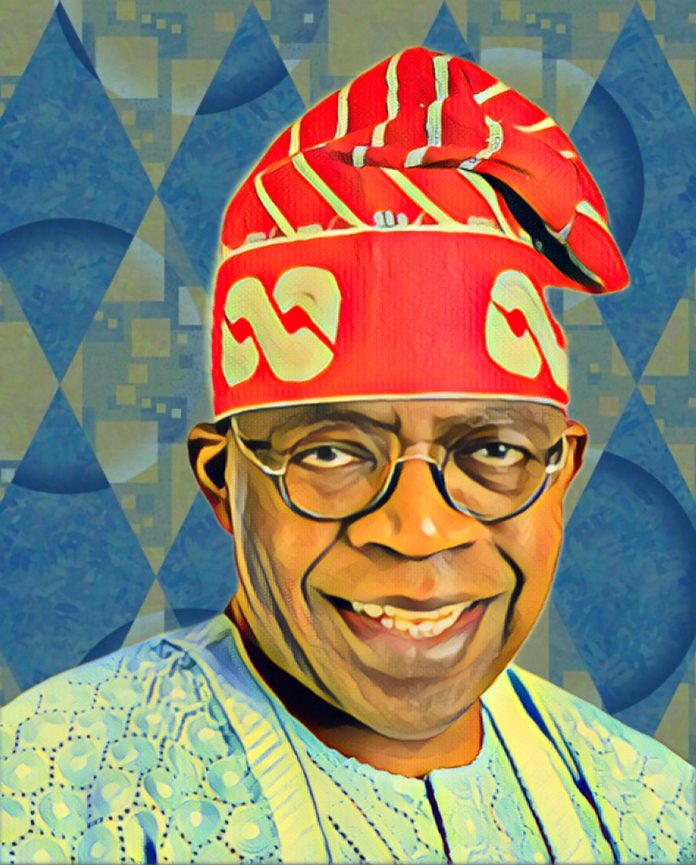As the political landscape evolves, prominent figure Bola Tinubu finds himself at a crossroads, grappling with the complexities of navigating reform initiatives amidst mounting opposition. Tinubu’s predicament underscores the intricacies of political maneuvering in the face of diverging interests and public scrutiny.
The ongoing reforms spearheaded by Tinubu have garnered mixed reactions, with supporters lauding his efforts to modernize and streamline governance, while critics raise concerns over potential ramifications and the pace of change. This dichotomy reflects the inherent challenges of enacting reform agendas in a diverse and dynamic socio-political environment.
Tinubu’s dilemma lies in balancing the imperative for progress with the need to address dissenting voices and mitigate resistance. The effectiveness of his leadership hinges on the ability to navigate these competing priorities while maintaining coherence and momentum in the reform process.
Amidst the backdrop of intensifying scrutiny and opposition, Tinubu faces the daunting task of fostering consensus and garnering support for his reform agenda. The success of his initiatives rests on the capacity to reconcile divergent viewpoints and forge a cohesive path forward that resonates with stakeholders across the political spectrum.
Despite the hurdles and challenges encountered along the way, there remains a glimmer of hope for Tinubu’s reform agenda. With steadfast determination and strategic acumen, he has the potential to overcome obstacles and steer the course towards meaningful change and progress.
In the realm of politics, uncertainty and adversity are inherent, yet they also present opportunities for resilience and growth. Tinubu’s journey serves as a testament to the resilience of leadership in the face of adversity, offering insights into the complexities of governance and the pursuit of transformative change.
Source: Business Day



